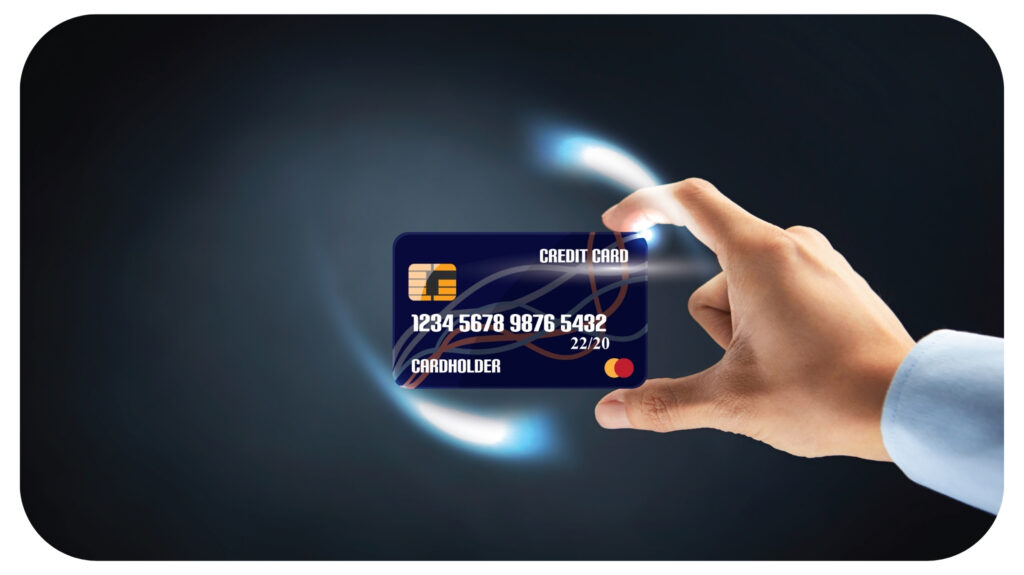Interchange, Assessments, and More: A Breakdown of Business Credit Card Processing Fees

Businesses frequently find themselves negotiating the complex web of credit card processing fees in the busy world of commerce. Though seeming little, these fees may build up and seriously affect the bottom line of a business. Businesses trying to maximize their payment systems and keep profitability depend on knowing the several elements of these charges. Read below to learn all about interchange and assessment of business credit cards and more.
The Multifaceted Nature of Credit Card Processing Fees
Credit card processing fees are complex, covering several charges that together define the cost of every transaction. Depending on several variables, these fees usually vary from 1.5% to 3.5% of the transaction value. Each of the card networks, issuing bank, payment processor, acquiring bank, and payment provider distribute the total processing fee—each getting their share for their part in enabling the transaction. The particular fees paid might vary depending on the kind of card used—debit or credit, the industry of the retailer, and the transaction technique—in-person or online. Businesses that want to control expenses and negotiate good terms with payment processors properly must first understand these elements.

Interchange Fees: The Backbone of Transaction Costs
Interchange fees define credit card processing costs fundamentally. Paid by the merchant’s bank to the cardholder’s bank for every transaction, these charges are determined by Visa and Mastercard credit card networks. Factors include the kind of card used (e.g., rewards, corporate), the kind of transaction (in-person vs.online)., and the merchant’s business affects interchange fees. For example, because premium rewards cards offer more incentives to cardholders, transactions using them can pay higher interchange costs.
Assessment Fees: Supporting the Card Networks’ Infrastructure
Charged by the card networks, assessment fees help to sustain and improve their payment system. Usually a lesser percentage of the transaction value, assessment fees are consistent across several transaction kinds, unlike interchange costs. These fees guarantee the security and dependability of the card networks, therefore enabling easy transactions between customers and retailers.
Processor Markup Fees: The Service Providers’ Share
Payment processors add their markup to offset the services they provide to retailers outside of interchange and assessment fees. This markup could be a fixed price per transaction, a percentage of the transaction, or both, depending on the circumstances. Businesses must carefully review and compare processing agreements to guarantee they are getting reasonable rates since the structure and level of processor markup fees vary greatly among providers.
The Impact of Transaction Types on Processing Fees
The processing costs paid depend much on the way a transaction is carried out. Because there is less danger of fraud, card-present transactions—where the card is physically swiped or inserted—usually result in lower costs. To offset the additional risk involved with these payment systems, card-not-present transactions—such as online or over-the-phone purchases—often come with higher costs.
The Role of Merchant Category Codes (MCC) in Fee Determination
Four-digit codes called Merchant Category Codes (MCC) are granted to companies by credit card networks, therefore classifying the kind of products or services supplied. The interchange fees a merchant pays depend much on these rules. While some businesses may pay more fees, others may gain from reduced interchange rates resulting from decreased risk of strategic alliances with card networks. Businesses that want to guarantee they are paid suitable processing costs must first understand and carefully document the correct MCC.
How Different Card Types Affect Processing Costs
The kind of card used in a transaction—standard credit card, rewards card, corporate card all of these can have a big impact on the processing costs paid. Because the advantages and rewards given to cardholders are paid, in part, by these increased fees, rewards, and corporate cards can have higher interchange costs. Therefore, companies that often handle transactions using such cards might have higher processing expenses.
Conclusion
Businesses trying to control expenses properly must first understand the several elements causing credit card processing fees. Businesses can make educated decisions, negotiate better terms with processors, and eventually improve their profitability in an increasingly cashless environment by understanding interchange fees, assessment fees, processor markups, transaction types, Merchant Category Codes, and the impact of different card types.
Recommended For You
How to Get Payday Loans Near Me?
Most Inside
Most Inside offers high-quality recommendations and valuable updates to enhance all aspects of your life, providing premium guidance and enriching experiences.




